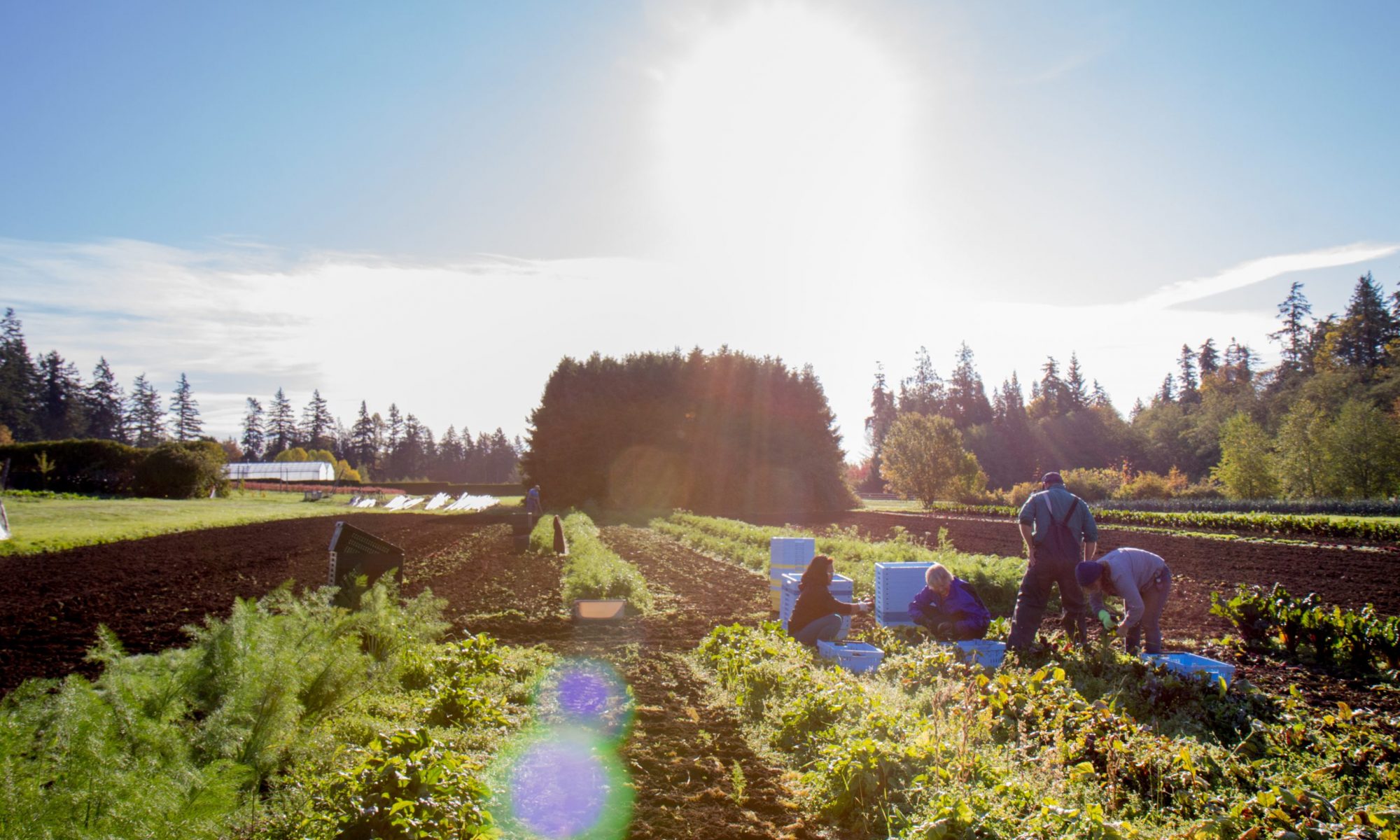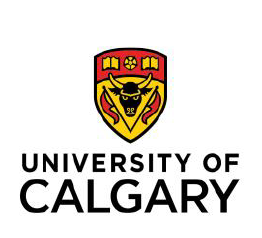Interested in sustainable food sources, ocean sciences, or cultivating fish and aquatic plants? Consider a career in aquaculture!

We are now accepting applications for this one-semester program for fall 2021. The program will be offered online, with potential industry site visits if allowed in the fall. Taught by professionals in fish health, seafood processing, production systems and ecological sustainability, this certificate program is perfect for students who want to gain career-ready skills.
Aquaculture helps to supplement natural fish stocks, and it has grown into a large, commercial industry employing 25,000 people across Canada. This growing industry needs more well-trained aquaculture professionals who are grounded in science and are passionate about sustainability and healthy food production.
Those with a bachelor of science or engineering degree are eligible to apply to the Graduate Certificate in Aquaculture, offered by UBC’s Faculty of Land and Food Systems.
The Program includes seven courses:
- Aquaculture Production Systems
- Fish Nutrition, Feeds and Feeding
- Fish Health
- Finfish Genetics and Reproduction in Aquaculture
- Ecological Sustainability of Aquaculture
- Business Concepts in Aquaculture
- Seafood Processing
Send us an email or visit our website to watch an information session and learn about the application process:
Website: Aqua.landfood.ubc.ca
Email: lfs.aquaculture@ubc.ca



